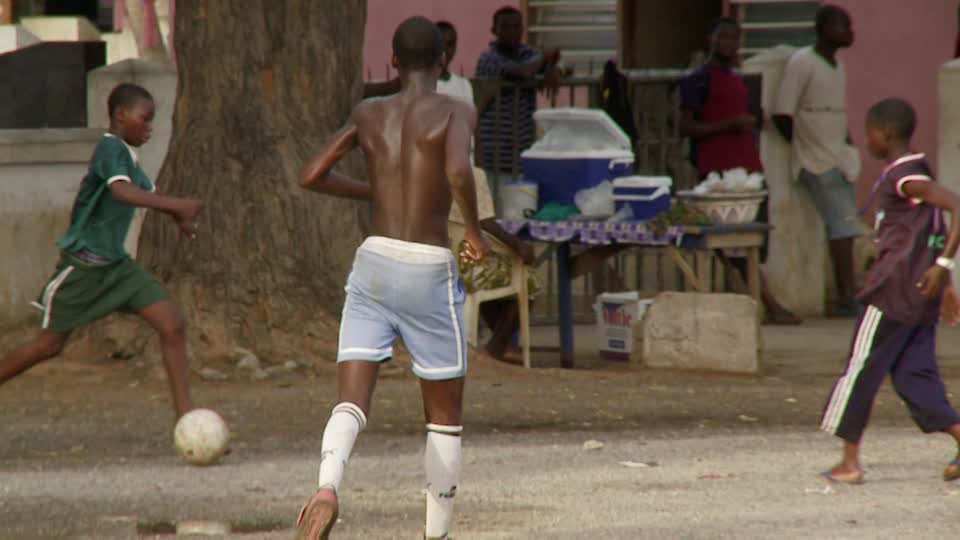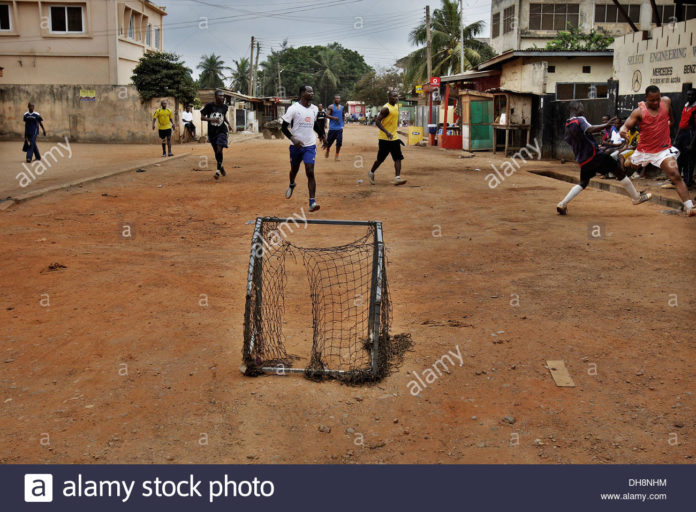Let me see if I can respond to this puzzle from a colleague journalist, Asante Fokuo, who posted this on his Facebook wall, asking “is investing in football in Ghana a passion or business?”
First of all I think it’s an African problem and Ghana is not the only country suffering to answer this puzzle.
Observation from the grass root to the elite division verifies that monies that go into football don’t come back.
So, what really motivates club chairmen (owners of football teams) in Ghana football to still invest in something that is not profitable or has no benefits?
Is football really a good business in Ghana and Africa to invest in?
Upon exhaustive deliberations in my mind, I realized that Sometimes club owners in Ghana are motivated by the passion derived in owning a football club which gives them a portfolio in their circles, playing the league and seeing young Ghanaian boys exhibit their God-given talents for the communities in which they find themselves to entertain them and eventual ease of the societal pressures, especially during weekends.
Basically, most club owners are successful businessmen so they spend part of their wealth on the clubs because of the passion attached to football.
Others get into football as corporate social responsibility (CSR) to give back to society.
Some also invest all the necessary resources because they were deceived convincingly by some friends who are already addicted to the game that it was a lucrative venture but when they find out its the opposite they find it difficult to back out because of sympathy for innocent footballers.
They simply can’t stop until they finally get broke and things get out of hand so far as their businesses are concerned.
If not, once the business monies keep flowing they will be financing their clubs until revenues from some sold players to foreign clubs is used to support the clubs which in most cases doesn’t happen.
The major impact on these clubs could have been triggered by a responsible association/federation but what do we see now in Ghana?
African football is characterized by rampant corruption, mal-administration and lack of accountability which have negatively impacted on the development of football in Africa.

Football has turned into a billion dollar industry across the world but Africa remains at the periphery of this lucrative system and my country Ghana is no exception.
It is believed that globalisation is compounding the situation. Africa’s problem stem from systematic and institutional problems with its football administration structures.
Africa is only showing that corruption is an endemic part of football administration just like coronavirus has done to the world.
The continued under performance of African teams over the years would be used as a yardstick to measure the stagnant nature of the game in Africa.
Local leagues and clubs on the continent are deliberately run unprofessionally except in a very few countries who are even suspects to the system.
Match fixing allegations abound and they glorify the situation in an attempt to curtail it almost all the time.
Political interference provides a context in which football becomes a complex social construct in which space, culture, politics and economics intersect to produce very little development of the game as a vibrant commercial entity.
The only point at which politicians show up is when the grounds are already captivated by the large number of audiences the game draws.
That is when you would see them doing the kicking off even when paralyzed Yet FIFA’s standing statutes of non-interference have often meant corrupt leaders continuing in their positions for decades.
The question is what then isvthe way forward for African football given the deep rooted and structured nature of corruption endemic in there?
Corruption has been synonymous with African football since the days of Mansa Musa. The head and tale of the game on the continent is full of controversy and complex problems involving missing of funds to rigging of elections on the continent.
Football Presidents who served for decades and lack ideas about the game yet promise to change the game with focus on under paid players, poor infrastructure tend to appoint friends who have very minimal ideas on the game to lead in the various jurisdictions.
This article provide an observation from across Africa with a highlight of how the under development of the game is intrinsically linked to the lack of transparency of the game.
The nature and level of corruption might be different from country to country but what is clear literary is that most, if not, all African countries have serious administrative challenge.
The major obstacle debilitating against the corruption fight in football is FIFA’s statute of non-interference.
With protection ensured from the global football mother body, most national association leaders run roughshod and this leads to the detriment of the game.
There is corruption in sports all over the world yet somehow when it comes to football in Africa the practice has devastating effects on the players earning a livelihood from the sport and owners of football clubs.
Brainstorming on why there are many definitions of corruption, this paper views it as the abuse of public office for private gain.
Within football this is when any official or person or persons use their position of trust in order to gain an undue advantage.
For across the world of football, corruption is evident in many activities including vote buying, match fixing, bribing officials, player transfers, sponsorship deals and officials appointing amateur coaches who influence even team selections both at the club level and national team level. Across Africa issues of nepotism, tribalism, regionalism and religion also play an important part in corrupt activities.
Corruption determines access to space, resources and fair chance. It hurts all people who depend on the game to survive especially the innocent club owner who saw the game as a prominent venture and veered towards it and the talented footballers who made the game their livelihood.
It’s pathetic that the few journalists who see this rots and attempt to change the narrative with their various platforms may be tagged as critics and anti-systems.
Sometimes go to extent of hailing the blind media who have no clue to the business of journalism but rather be signing the songs of their political leaders to the detriment of the game and its industry.
The skillful manipulation of the laws of football to deliberately create ambiguities for the vulnerable cannot be over emphasized.
Africa can we open our eyes wide when it comes to voting for people to lead the football industry? This is because a calculator in the hands of a fool becomes a dangerous device.

